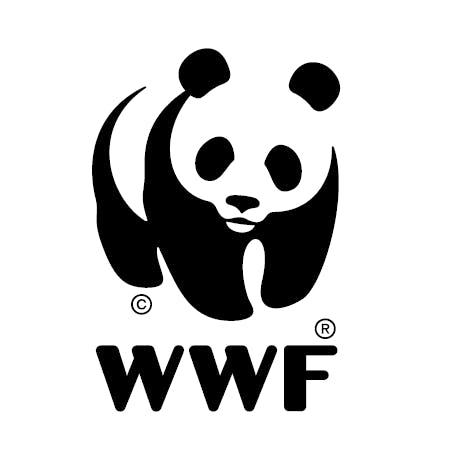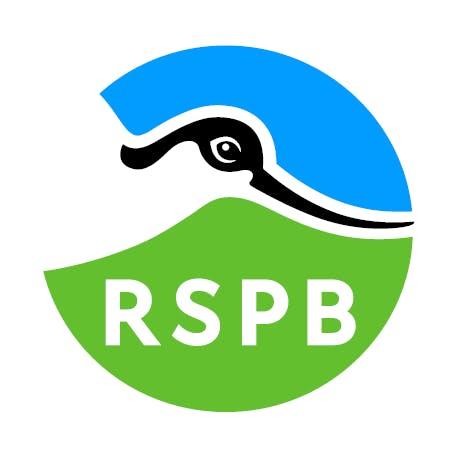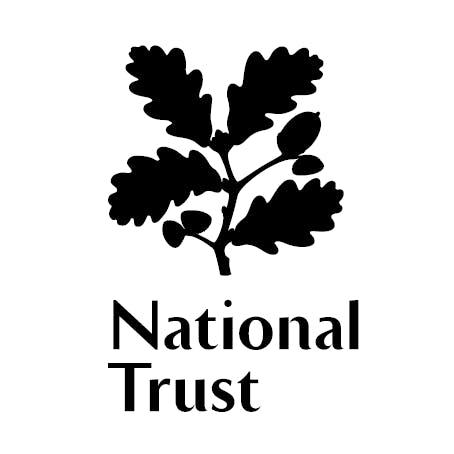Orcas
Powerful but vulnerable ocean predators
Known also as killer whales, orcas can be cast as villains of the underwater world. But these ocean mammals are clever, social and adaptable – and incredibly vulnerable because of what we’re doing to our marine ecosystems.
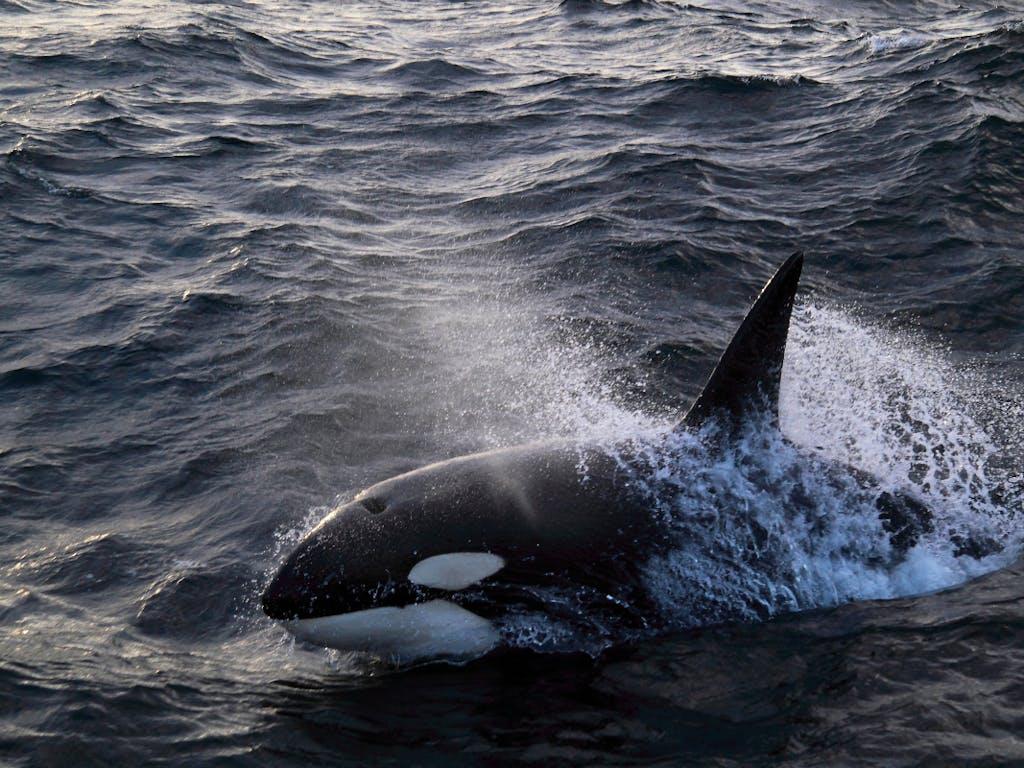

Precision predator
Easily identified from their distinguishing black and white markings, orcas are the largest member of the dolphin family. The name killer whale comes from their ability to work together to hunt whales. They’re highly intelligent and incredibly effective hunters, working in groups or pods and using different hunting techniques depending on their environment.
Orcas are one of the most exciting visitors to our wild isles. The waters around Shetland in Scotland are a hotspot for orca activity, with some pods travelling from Iceland to get there. But human dangers make for perilous journeys. Ship strikes, entanglement in fishing gear and communication disrupted by human noise are just some of the threats they face.
On the west coast of Scotland, one pod of orcas lives in UK waters year-round. Sadly, they are a living example of the lasting damage of human activity. Specific pollutants that harm orcas have been banned since the 1980s, yet decades later, the lack of breeding success among these individuals is evidence of the damage caused by this historical chemical pollution.
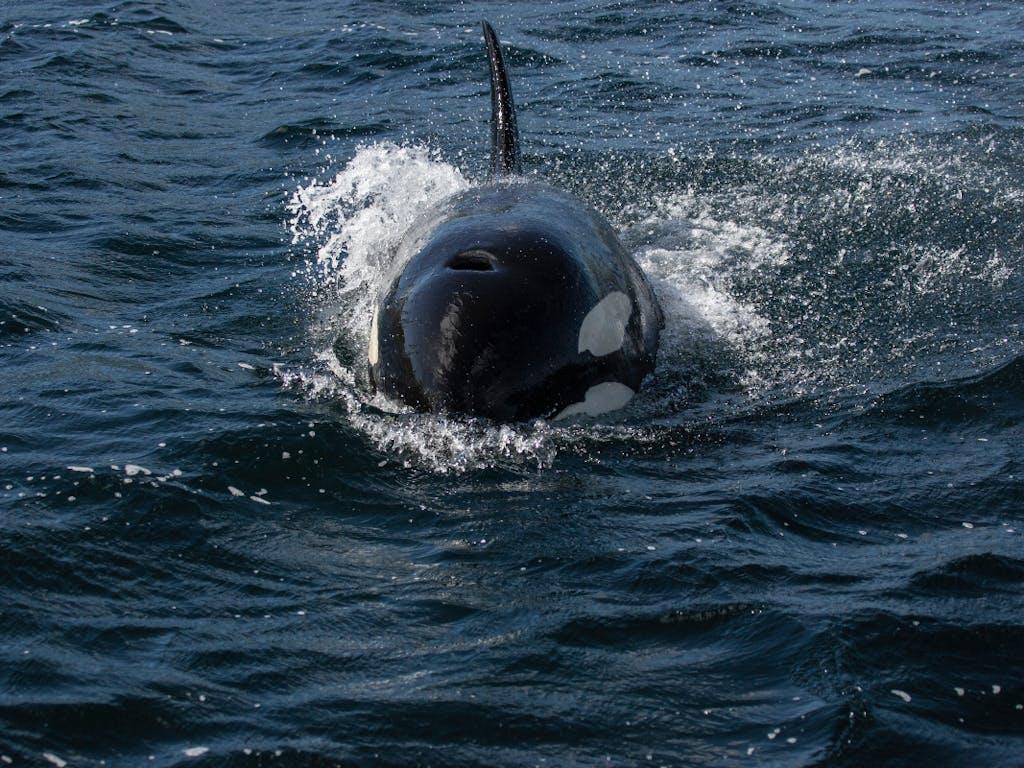

Vanishing visitor
How we influence our marine environment can have knock-on effects for decades. For this reason, we’re probably witnessing the last years of the UK’s only resident orca family. There’s still so much we don’t know about the seas that surround us. We’re not sure how climate change will affect populations of species the orcas feed on. We also don’t know the long-term effects of busy seas, used for intensive fishing.
Because orcas travel so widely over different habitats, their populations are difficult to assess. But what we do know is that we need our leaders to halt the harm to nature now. Action must be taken on pollution, damaging fishing practices and the climate crisis. With work, we can protect the future of nature on and around our wild isles, so we can enjoy it for generations to come.
Orcas in numbers
50,000
in the wild
40–56
teeth in their jaws
35mph
swimming speed
Hunt for more
Discover more about where orcas live, the threats they face, and some stories of hope that show we can preserve nature if we take action.
How will you Go Wild Once a Week?
Our wildlife is amazing - but it’s in crisis. WWF, the RSPB and the National Trust are working together to bring nature back from the brink. We need everyone. Find out how you can go wild once a week and together we can save our wild isles.









